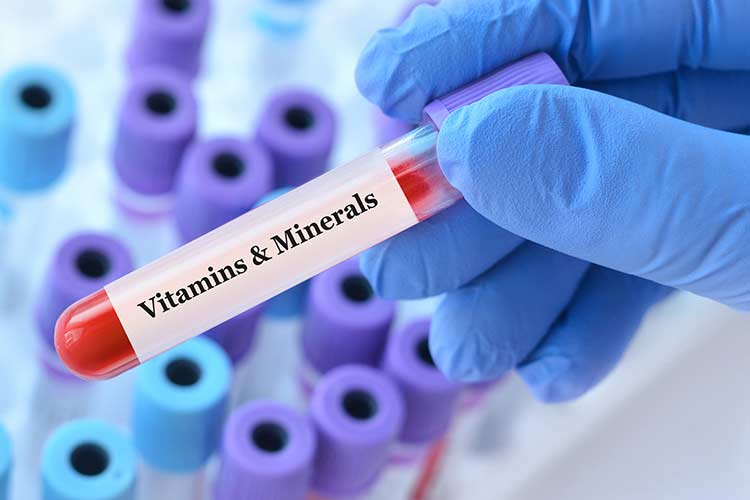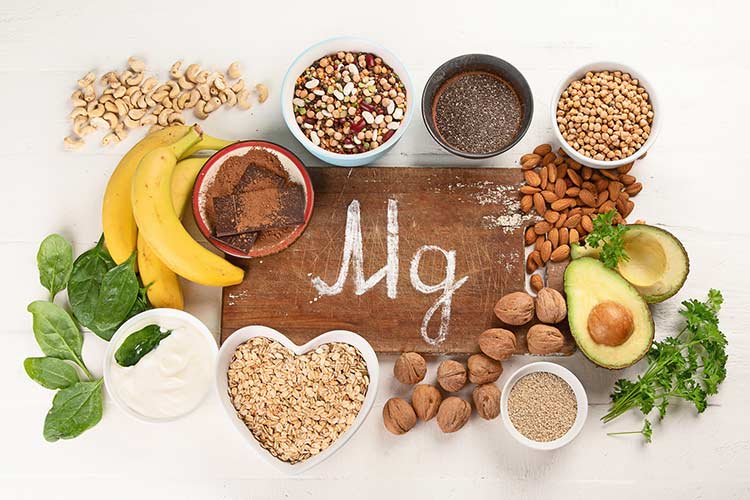Join Our eNewsletter!
Subscribe to our monthly newsletter to receive encouraging advice to help you lead a healthy lifestyle.

Easily Incorporate Magnesium-Rich Foods Into Your Daily Diet
Magnesium is one of seven essential macrominerals, which are minerals that need to be consumed in relatively large amounts. Despite magnesium being vital for many bodily functions, many Americans don’t get the recommended daily allowance (400 - 420 mg for men; 310 - 320 mg for women) from their diet.
Benefits of Magnesium
Magnesium plays a number of important roles in the body, including:
- Supporting muscle and nerve function
- Energy production
- Blood pressure regulation
- Blood sugar regulation
- Formation of various proteins
- Mood and brain function support
- Nervous system regulation
- Cardiovascular support
- Reducing inflammation
- Decreasing bone loss
- Promoting better sleep

If you have a magnesium deficiency, you may experience:
- Loss of appetite
- Nausea or vomiting
- Muscle twitches and cramps
- Mood changes or anxiety
- Weak bones and increased bone fractures
- Fatigue and muscle weakness
- High blood pressure
- Irregular heartbeat
How To Add Magnesium to Your Diet
While magnesium supplements are readily available, it's best to get your vitamins and minerals from food. Plus, getting too much magnesium from food isn't a concern for most healthy adults, but taking a higher than recommended dose of a magnesium supplement may cause gastrointestinal issues, such as nausea, abdominal cramping, and diarrhea.
The good news is there are many delicious, nutritious foods that are high in magnesium, and you only have to consume a few servings every day to get the magnesium you need. In general, great sources of magnesium are leafy greens, nuts, seeds, beans, whole grains, and oat brain.

Here are some specific examples:
- 1 oz pumpkin seed kernels - 168 mg
- 1 oz dry roasted almonds - 80 mg
- ½ cup boiled spinach - 78 mg
- 1 cup plain or vanilla soymilk - 61 mg
- ½ cup cooked black beans - 60 mg
- 2 Tbsp smooth peanut butter - 49 mg
- 2 slices whole wheat bread - 46 mg
- 1 cup cubed avocado - 44 mg
- 3.5 oz baked potato with skin - 43 mg
- 8 oz plain, low fat yogurt - 42 mg
- 1 packet instant oatmeal - 36 mg
- 1 medium banana - 32 mg
If you think you may need more magnesium in your diet, try consuming at least four servings of the foods listed above per day and talk to your doctor about additional ways to increase your magnesium levels.
Meet Our Team
Our Family Medicine doctors provide services for adults and children at several Kelsey-Seybold Clinic locations throughout the Houston area, so you’re never far from the compassionate care you need.








